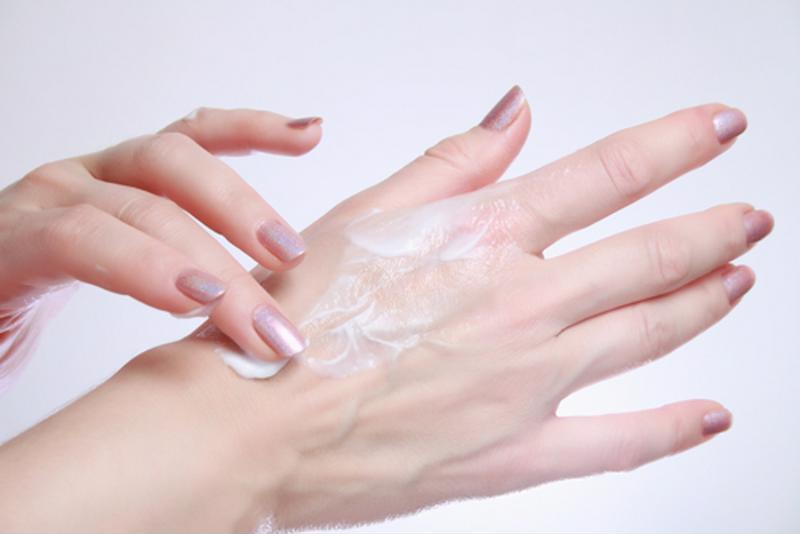
Aging skin is noticeable to senses other than sight. Dry skin can be extremely itchy and uncomfortable for seniors, and it’s a common ailment among their age group. In fact, according to a study published in Skin Research and Technology, dry skin affects about 75 percent of adults 64 and older.
A study published in the Journal of the European Academy of Dermatology and Venereology revealed that seniors are more susceptible to dry skin. As we age, the epidermal layer gets thinner, skin cell turnover decreases, and the skin’s ability to retain moisture decreases. So, while this phenomenon makes scientific sense, it can lead to serious irritation and itchiness for seniors.
Find Senior Living Near Me
Use this guide to help your senior loved ones keep their skin moisturized, healthy, and comfortable.
Moisturize
To keep skin soft, seniors should apply body lotion at least once daily, especially after bathing. After exiting the shower, seniors should pat their skin dry with a towel and immediately use lotion to lock in that moisture. Caregivers and retirement community staff may need to assist seniors by applying the lotions on their backs and other hard-to-reach places.
 Have senior loved ones apply lotion as frequently as necessary.
Have senior loved ones apply lotion as frequently as necessary.Adjust bathing routines
Dr. Robert Butler, a former geriatrics and adult development professor, advised seniors experiencing itchiness and dry skin to avoid showering under hot water. Frequently bathing in high-temperature water can worsen dry skin, so seniors may want to shower every other day and use lukewarm water. Additionally, Butler suggested that older adults use moisturizing shampoo to combat scalp dryness.
Speak with a physician
While age-related dermal problems are common, there could be other sources of dry skin, too. Many seniors take multiple medications, and the combination of ingredients and side effects can lead to dry skin. Your senior loved ones’ doctors must have a comprehensive list of their medications. Additionally, other, more severe ailments could be causing dermal discomfort. Seniors’ primary-care doctors may refer them to a dermatologist if they suspect the condition is related to psoriasis or eczema, which may require specialized care.
If you notice your senior loved ones constantly scratching itchy skin, help them relieve irritation with these tips. With the proper care, their skin can be soft and itch-free.




